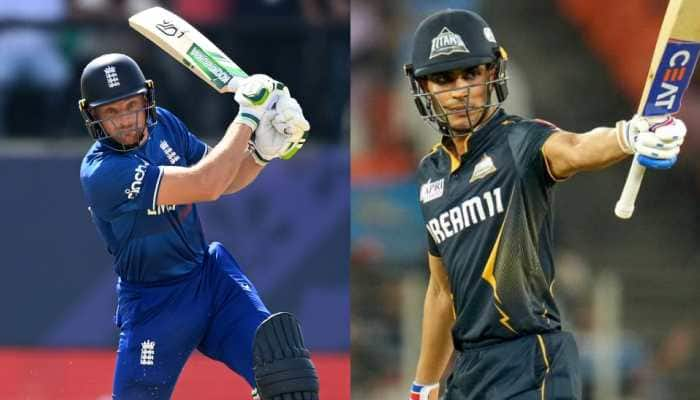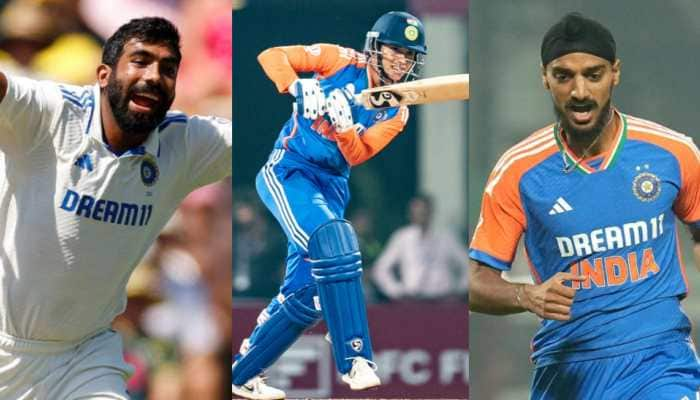In a first, UGC allows students to pursue two full-time degree programmes simultaneously
The University Grants Commission will soon issue detailed guidelines in this regard and the option will be available to students from the 2022-23 academic session.
Trending Photos
) REPRESENTATIONAL IMAGE (CREDITS: PTI)
REPRESENTATIONAL IMAGE (CREDITS: PTI) New Delhi: In a first, the government has decided to allow students to pursue two full-time and same-level degree programmes in physical mode simultaneously either at the same university or from different universities, UGC Chairman M Jagadesh Kumar said on Tuesday.
The University Grants Commission (UGC) will soon issue detailed guidelines in this regard and the option will be available to students from the 2022-23 academic session.
"As announced in the new National Education Policy (NEP) and in order to allow students to acquire multiple skills, UGC is coming up with new guidelines to allow a candidate to pursue two-degree programmes in physical mode simultaneously," Kumar said at a press conference.
"The degrees can either be pursued from the same or different universities. Students will also be allowed to pursue two degree programmes in physical and online mode simultaneously," he said.
The UGC had been planning such a move for a long time but received the go-ahead for it in 2020. The commission had set up a committee in 2012 as well to examine the idea, and consultations were held, but ultimately the idea was junked.
Kumar said that the two programmes opted for by students at the same time have to be of the same level. For instance, they can only pursue two undergraduate or two postgraduate, or two diploma degrees together, he said.
According to the draft guidelines prepared by the UGC, students can pursue two full time degrees in three ways.
First, they can pursue both academic programmes in the physical mode provided that in such cases, class timings for one programme do not overlap with the class timings of the other programme.
Second, they can pursue one programme in physical mode and another in online or distance mode. And third, they can pursue up to two degree programmes in online or distance mode simultaneously.
For now, the two degrees will only be non-technical programmes that are approved by the UGC. They can be a combination of subjects from different streams, that is humanities, science and commerce, and admission will be granted depending on the eligibility of the student and the availability of programmes.
Kumar also informed that it will not be mandatory for any university or a council to adopt these guidelines, but the commission is hoping that more and more institutions will allow students to pursue two degrees together.
"Once the guidelines are sent to institutions and statutory bodies, they will be free to adopt it in the manner that suits them. The process and eligibility for admission and exams will be decided by the respective institutions," he said.
"If a university requires a student to sit for CUET (Common University Entrance Test), they will have to do that, if another institution he or she is looking at does not have such a test then they will have to follow that particular institution's admission process," Kumar explained.
The attendance requirement for the programmes will be decided by respective colleges and institutions, he said.
Kumar also clarified that the students will not be allowed to use credits earned in one programme to fulfill the requirement of another programme.
"Each programme has its own credit requirements and they have to fulfil that. They can use one set of credits for two degrees," he said.
When asked about the possibility of overlapping examinations, Kumar, "It will be up to the institutes".
If two institutions have an MoU and have decided to let each others' students pursue two simultaneous degrees then they can work out the examination schedule easily, he said.
Asked if a similar option is available in other countries, Kumar said that "it could be that some country offers the flexibility but if not, India could be the first one to opt for this higher education reform". "With this reform, a student will be able to pursue a BCom and a mathematics degree together if the student wishes to, and if he or she is eligible to do so. The idea is to provide as much flexibility to students as possible," Kumar said.
Stay informed on all the latest news, real-time breaking news updates, and follow all the important headlines in india news and world News on Zee News.
Live Tv







)
)
)
)
)
)
)
)
)
)
